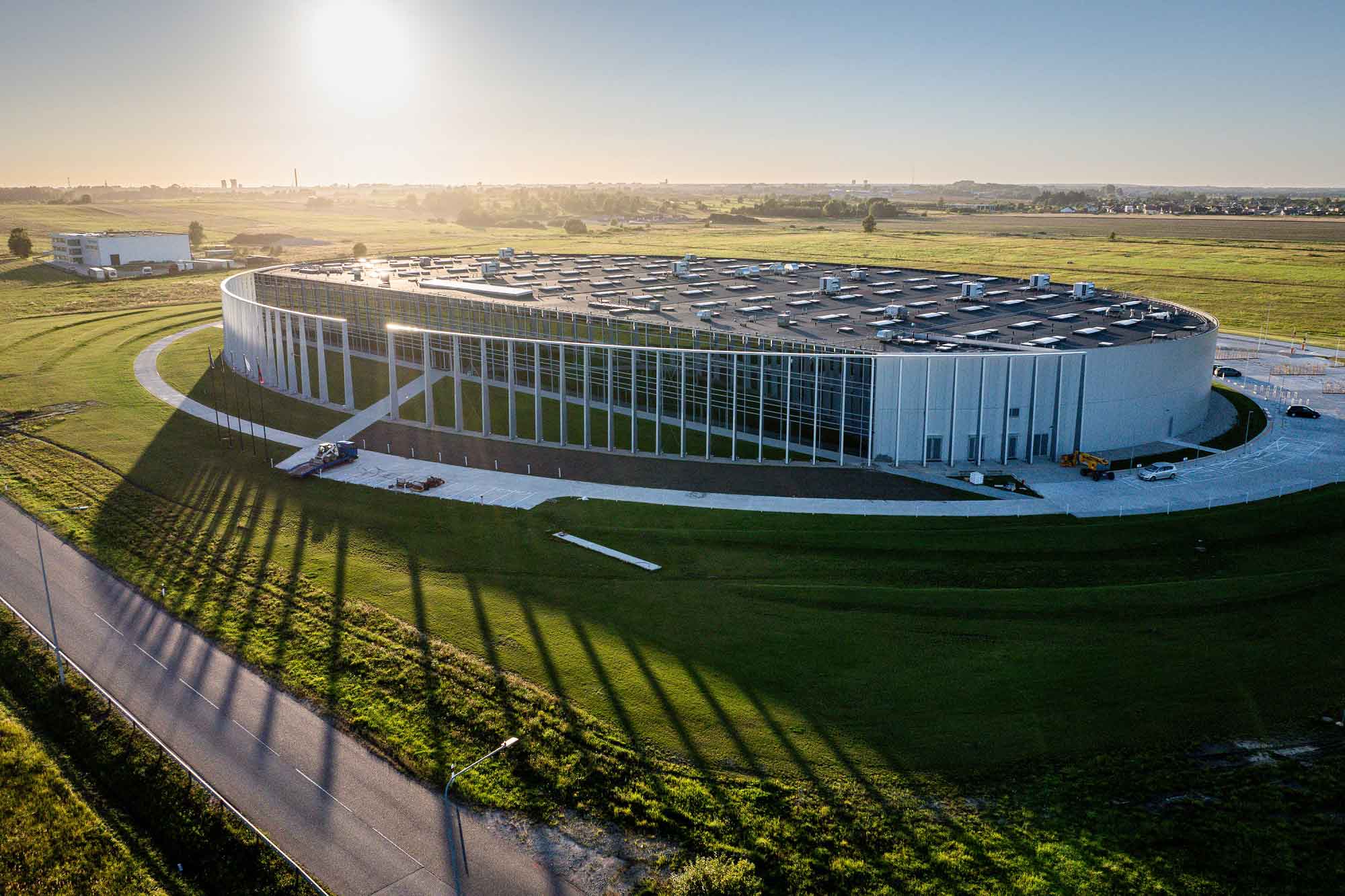Rising house prices are not putting buyers off – transaction volumes remain strong

The housing market continues to be boosted by loosening monetary conditions, positive population expectations and the outlook for price growth, as reflected in real transaction numbers. According to data from the State Enterprise Centre of Registers, an average of around 3,100 flats and 1,100 houses were registered for sale and purchase transactions per month in Lithuania in the second quarter of 2025, which is 27% and 17% more than in the same period of the previous year, respectively. Compared to the first quarter of this year, the total number of registered apartment and house transactions increased by 9% in Vilnius, 12% in Kaunas, 5% in Klaipėda and 4% in Šiauliai. In Panevėžys, housing market activity remained stable with 320 transactions in both quarters of the year.
The increasing activity of homebuyers creates favourable conditions for house price growth. According to Ober-Haus, apartment prices in the country’s major cities grew by 6.7% year on year at the end of the first half of 2025. In the second quarter of this year, apartment prices increased in all major Lithuanian cities: by 1.4% in Vilnius, by 3.3% in Kaunas, by 2.9% in Klaipėda, by 1.5% in Šiauliai, and by 2.1% in Panevėžys. Given the current housing supply/demand ratio and improving borrowing conditions, it is likely that moderate price growth will continue in the short term.
“Sales volumes of new apartments in the primary markets of major cities across the country in the first half of 2025 have kept buyers’ and developers’ sentiment upbeat,” says Edita Juočytė, Investment and Analysis Project Manager at Ober-Haus. According to Ober-Haus data, 1,253 new apartments were sold and reserved in the primary market of Vilnius in the second quarter of this year, which is twice as many as in the same period in 2024, when 596 apartments were sold. Moreover, this is the third consecutive quarter in which more than 1,000 new apartments have been sold in the capital.
In Kaunas, 198 new apartments were purchased directly from developers in the second quarter of this year — 23% more than in the same period last year — but compared to the first quarter of this year, sales of new apartments in Kaunas almost halved. According to Ober-Haus estimates, 160 apartments were sold on the primary market in Klaipėda in the second quarter — twice as many as a year ago, and 34% more than in the first quarter of this year.
“As buyer activity increases, the number of unsold new apartments in completed apartment blocks, known as the “warehouse”, is decreasing significantly. At the end of the second quarter of 2024, about 1,600 new flats were on offer in the capital’s built apartment blocks, but by the end of the second quarter of 2025, this number had dropped to 890 — almost halving,” says Juočytė. At the end of the second quarter of this year, the Kaunas warehouse consisted of around 300 new apartments, which is 34% fewer than a year ago. In contrast, the supply of unsold new apartments in Klaipėda increased by 50% to reach 100 apartments.
“At the current level of demand, we forecast that the vacant apartments offered for sale in the primary markets of Vilnius and Klaipėda could be sold in about two months, while in Kaunas it would take about four and a half months,” shares E. Juočytė. According to Ober-Haus, developers plan to build around 3,300 apartments in Vilnius, 680 in Kaunas, and 400 in Klaipėda in 2025.
According to Aruodas.lt, one of Lithuania’s largest real estate portals, there has been an increase in supply prices in the apartment rental market, though the rate of growth varies from city to city. In the second quarter of 2025, the average price of apartments for rent in Vilnius was €14.80 per square metre, which is 2% higher than in the same period a year ago. In Kaunas, rental prices increased by almost 13% year on year, while in Klaipėda they rose by 5%. The average prices of apartments for rent in these cities were EUR 12.1/m² in Kaunas and EUR 11.0/m² in Klaipėda.
“Favourable borrowing conditions and rising wages are improving people’s ability to buy a home. Improving housing affordability enables buyers to compete more actively for properties, often at higher prices. Given these trends, we forecast that house price growth in the country will continue in the near future”, says Juočytė.
Latest news
 All news
All news

Rising house prices are not…
Edita Juočytė, Investment and Analysis Project Manager at Ober-Haus The…

Rising house prices are not…
Edita Juočytė, Investment and Analysis Project Manager at Ober-Haus The…

Lithuania’s investment transaction market has…
VMG TECHNICS building, company photo Following an unsuccessful 2024, the…
 All news
All news